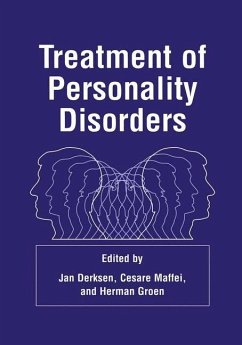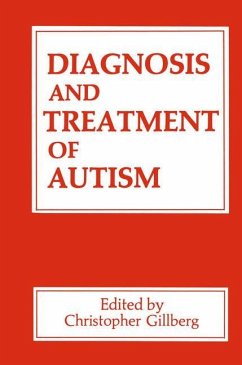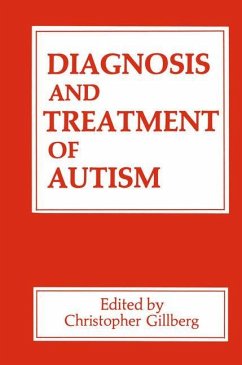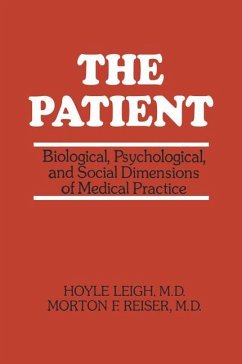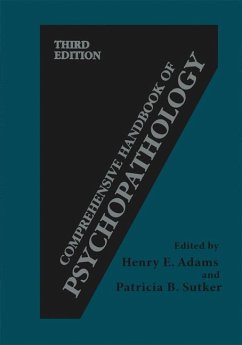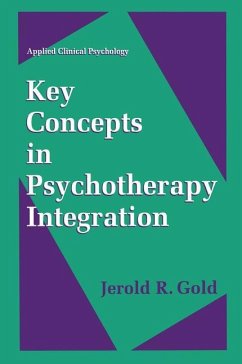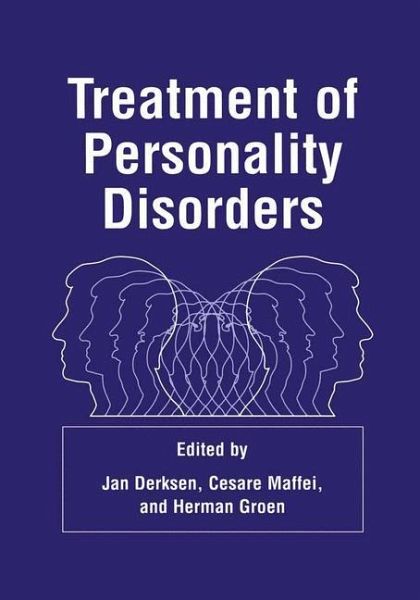
Treatment of Personality Disorders

PAYBACK Punkte
77 °P sammeln!
It has been almost twenty years since DSM-III created a major shift in psychi atric classification procedures and in diagnostic and treatment practice by introducing the multi-axial system and, for our patients specifically, the Axis II: Personality Disorders. Researchers and clinicians were forced to focus on many issues related to the field of personality and its disorders. This meant an immense impetus for research, both empirical and theoretical. Many recent developments are described in this book, as reviews or as original articles. This book also covers developments in Europe as well as ...
It has been almost twenty years since DSM-III created a major shift in psychi atric classification procedures and in diagnostic and treatment practice by introducing the multi-axial system and, for our patients specifically, the Axis II: Personality Disorders. Researchers and clinicians were forced to focus on many issues related to the field of personality and its disorders. This meant an immense impetus for research, both empirical and theoretical. Many recent developments are described in this book, as reviews or as original articles. This book also covers developments in Europe as well as in North America. Important questions still remain unanswered, such as: What is the relationship between the different clusters: A, B, & C? Are we talking about dimensions, categories, or typologies? What can be done for patients who have more than one personality disorder? Is a pro typical approach required? Consequently, is a multiconceptual approach in treatment and research required? Theauthors contribute to this discus sion and provide guidelines for further thinking in research and treatment planning. For clinicians, it is of major importance to know whether the disorder can be influ enced by treatment, and whether permanent change is really possible. A very impor tant question is whether a person indeed has a personality disorder, and how this diagnosis affects clinical practice.






